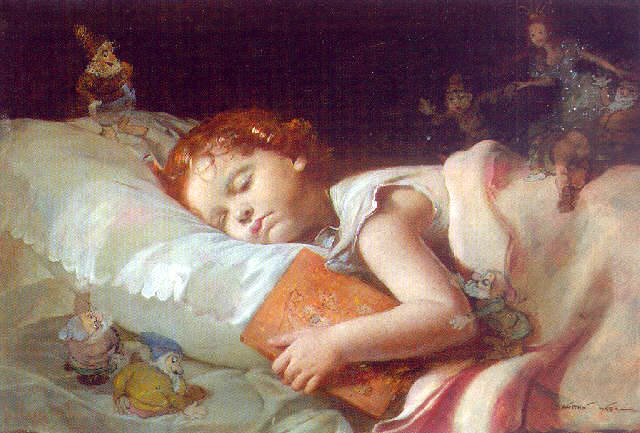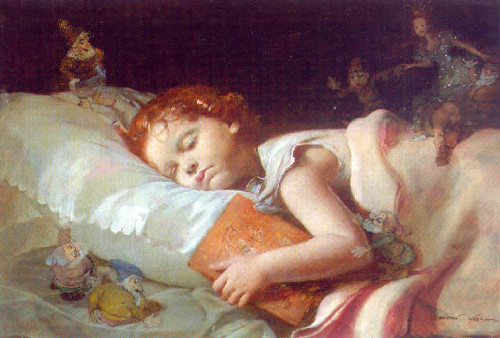Top myths about sleep
Although sleep is one of the most natural things to do in our lives, it’s relatively little understood. Whilst we all require sleep on a nightly basis in order to function adequately, it seems that there are more than a few misconceptions about our sleeping habits.

Eight hours
One of the biggest shared beliefs about sleep is that we all need a standard eight hours. However, whilst it is recommended that we all get between seven and eight hours per night, the actual amount varies hugely with factors of age and personal preference. In fact new born babies will spend the majority of their days asleep, whereas the elderly can somehow survive on only a handful of hours per night.

How to sleep
There are many other misconceptions regarding good ways to get to sleep. Watching television, drinking alcohol, and even eating turkey have been thought to aid sleeping patterns. However, like many things in life, a dose of moderation is found to work best.
In particular, avoiding caffeinated drinks and heavy fatty foods should definitely be avoided. And even UV light from screens can play havoc with our sleeping patterns. Thankfully, Bedstar’s blog about sleeping tips has some much more sensible options than many of these urban myths, so that you should be able to enjoy a piece of cheese before bed without fear of any terrifying dreams.

Sleep deficit
We’ve all experienced that horrible feeling of a lack of sleep. But whilst some of us think that we can ‘catch up’ with sleep on a weekend, we actually can build up an unhealthy and chronic sleep debt by doing so.
However, it’s not all bad news, as whilst daytime napping is often thought of as not being ‘real’ sleep, evidence has shown that the occasional power-nap can work wonders in allowing us to stay alert and active for extended periods of time.

The illusion of dreams
If we have little understanding of sleep, then it’s no surprise that dreams are a huge mystery too. The exact function of dreams has yet to be understood, but that hasn’t stopped many from speculating about the potential predictive powers of dreams. Whilst few would seriously believe that dreams can predict the future, it’s also important to realise that dreams aren’t completely useless either.
Laboratory studies have shown that those deprived of REM sleep – the kind that produces the most dreams – can show extremely adverse side effects. And similarly, there is a popular myth that we should never walk sleepwalkers, whereas barring a slight bit of confusion, they should suffer no harmful physical or mental effects effects.





